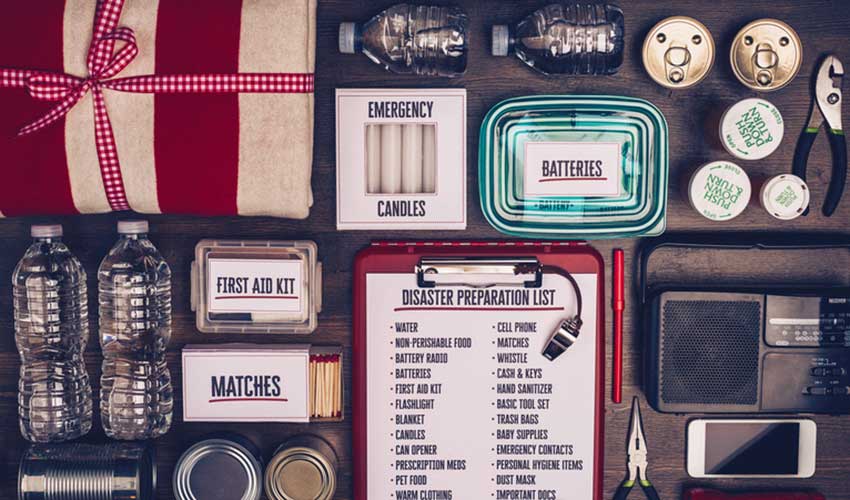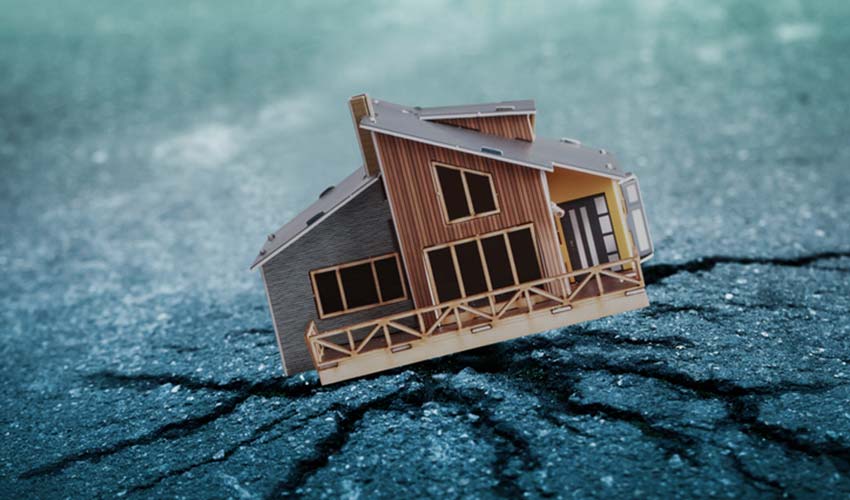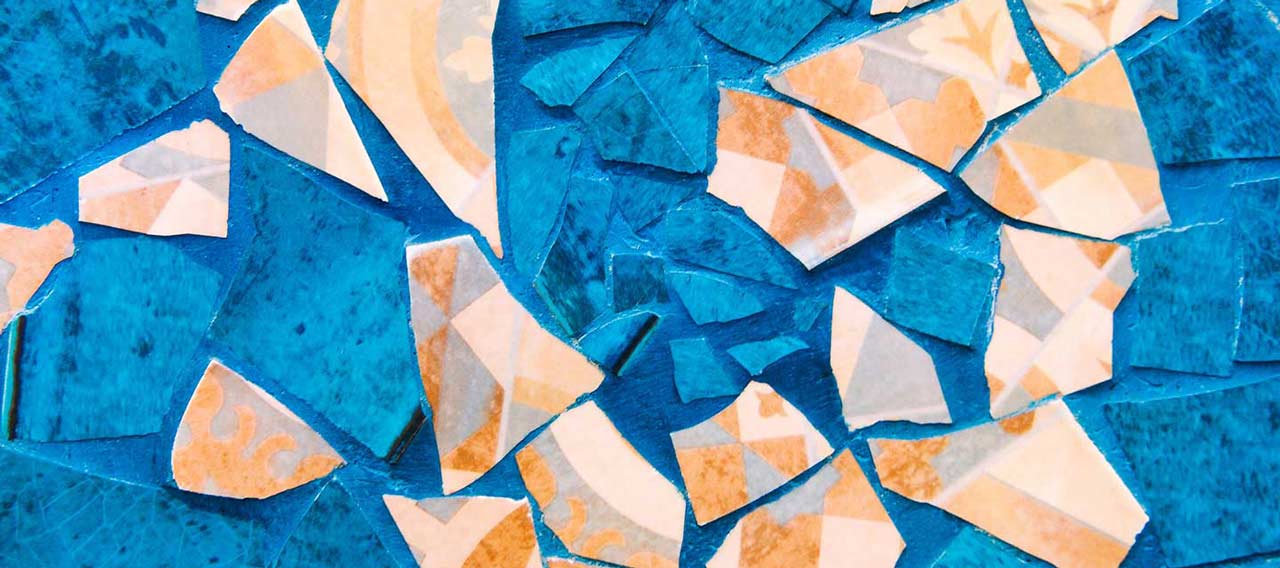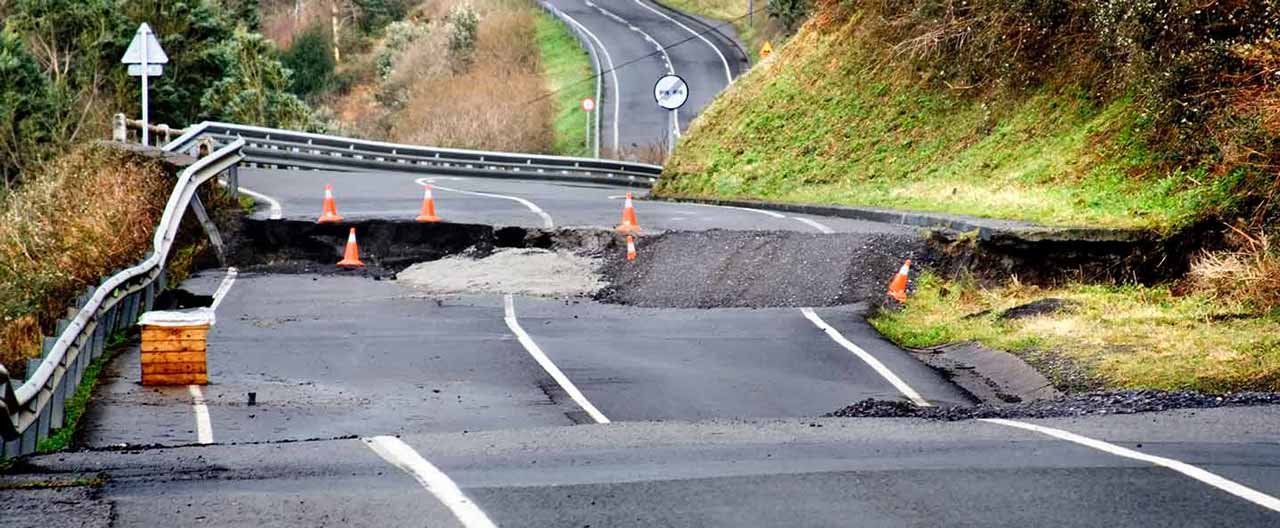- Individuals & Families
- Businesses
- Agents & Brokers
- Embedded Insurance

Chubb ranked #1 for Customer Satisfaction with the Home Insurance Claims Experience

Chubb ranked #1 for Customer Satisfaction with the Home Insurance Claims Experience

Chubb ranked #1 for Customer Satisfaction with the Home Insurance Claims Experience

Chubb ranked #1 for Customer Satisfaction with the Home Insurance Claims Experience

Because pets are family, Chubb now offers pet insurance with top-rated coverage from Healthy Paws.

Chubb offers the insurance protection you need for travel’s many “what ifs”.

Chubb protects small businesses at every stage – from newly formed start-ups to long-time anchors of the community.

Stay ahead of cyber threats with our free Cyber Claims Landscape Report.

Learn more about our dedicated learning paths, Online Learning Center, and more.



Many digital-savvy consumers look for it as a core or add-on option.

Many digital-savvy consumers look for it as a core or add-on option.

Many digital-savvy consumers look for it as a core or add-on option.

Chubb’s in-house technology makes it easy to integrate what we do into your customer experience.
-
About
-
Claims
-
Login & Pay Bill
For Agents & BrokersFor Travel Advisors
-
Back
Once that shaking stops, you may believe the earthquake is over. But many times, it’s just the beginning. There may be aftershocks, or the main earthquake may not have even happened yet. To stay safe, here are a few things you should do before going back to your normal routine.
1. Stay alert for aftershocks.
According to experts, aftershocks can continue for weeks, months, or even years. Typically, the larger the mainshock, the larger and more numerous the aftershocks and the longer they will continue.*
2. Make sure you and your family are unharmed.
If anyone is injured, provide first aid, as best you can and contact the authorities in case of medical emergency.
3. Monitor local news and radio for emergency information.
Don’t use the phone unless it’s an emergency since you could tie up the lines needed for emergency response.

4. Do not light matches or turn on light switches
until you’re sure there are no gas leaks or flammable liquids spilled.
5. Use a flashlight to check utilities for damage
including water, gas, and electric lines. Turn off all appliances and the main electrical circuit breaker, if it’s safe to do. If you smell gas or notice a broken water line, turn off the service at the main valve.
6. Look for structural damage.
If your home is damaged, get out (or don’t go in) until you can have it checked by authorities or a structural engineer. Don’t go near chimneys, as they can fall over unexpectedly.

7. Clean up broken glass or non-hazardous spills.
That will help prevent injuries from cuts or slips. If there is a hazardous spill, leave it for the professionals to clean up.
8. Stay away from beaches.
Tsunamis sometimes hit after the ground has stopped shaking.
9. If you’re a Chubb client, contact us immediately to get your claim started.
Either call us at 1-800-CLAIMS-0 or click here.
If you’re caught in an aftershock:
- Stay calm.
- If you’re indoors, don’t go outside. Stay away from windows and doors.
- If you’re outdoors, stay in an open area, away from power lines or anything that might fall.
For more tips on how to stay safe before, during and after an earthquake, visit Ready.gov and click here for information on what to pack in an emergency supply kit.
*https://www.usgs.gov/media/videos/foreshocks-mainshocks-and-aftershockss
Insights and expertise



Get a personal insurance quote
Work with an independent agent to get personalized insurance solutions.
This document is advisory in nature and is offered as a resource to be used together with your professional insurance advisors in maintaining a loss prevention program. It is an overview only, and is not intended as a substitute for consultation with your insurance broker, or for legal, engineering or other professional advice.
Chubb is the marketing name used to refer to subsidiaries of Chubb Limited providing insurance and related services. For a list of these subsidiaries, please visit our website at www.chubb.com. Insurance provided by ACE American Insurance Company and its U.S. based Chubb underwriting company affiliates. All products may not be available in all states. This communication contains product summaries only. Coverage is subject to the language of the policies as actually issued. Surplus lines insurance sold only through licensed surplus lines producers. Chubb, 202 Hall's Mill Road, Whitehouse Station, NJ 08889-1600.

